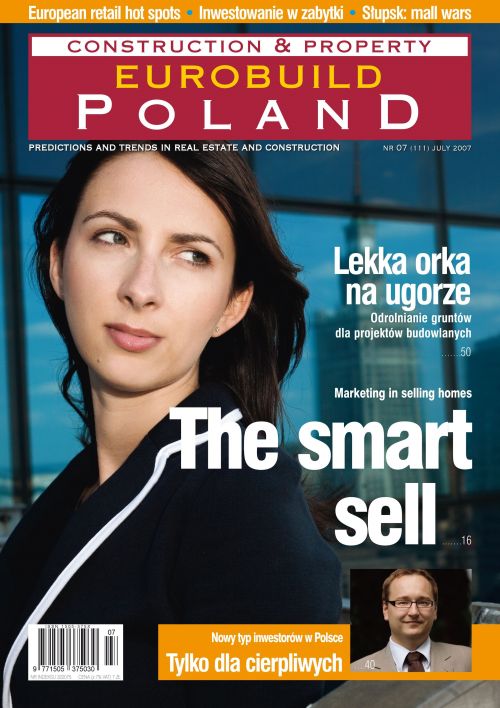The ‘Investment Opportunities Related to Euro 2012’ conference really hit the bull’s-eye. The large number of representatives from business, as well as central and local government, highlighted the need to organize a discussion forum on preparations for the 2012 European football championships Michał Listkiewicz, the Polish Football Association’s (PZPN) president, delivered an introduction to the conference, stressing that: “We have to remember that we are building a stage and UEFA will be organizing a show on it. That is why they will keep a close eye on preparations by Poland and Ukraine for this event.”Joao Morais, a member of UEFA Euro 2004 Tournament Directoriate, described how Portugal coped with such a great challenge. He pointed out the numerous benefits which his country had gained by organizing the event, including the construction of stadiums, training centres, sports complexes, swimming pools, biological rehabilitation centres, the expansion and modernization o




























































